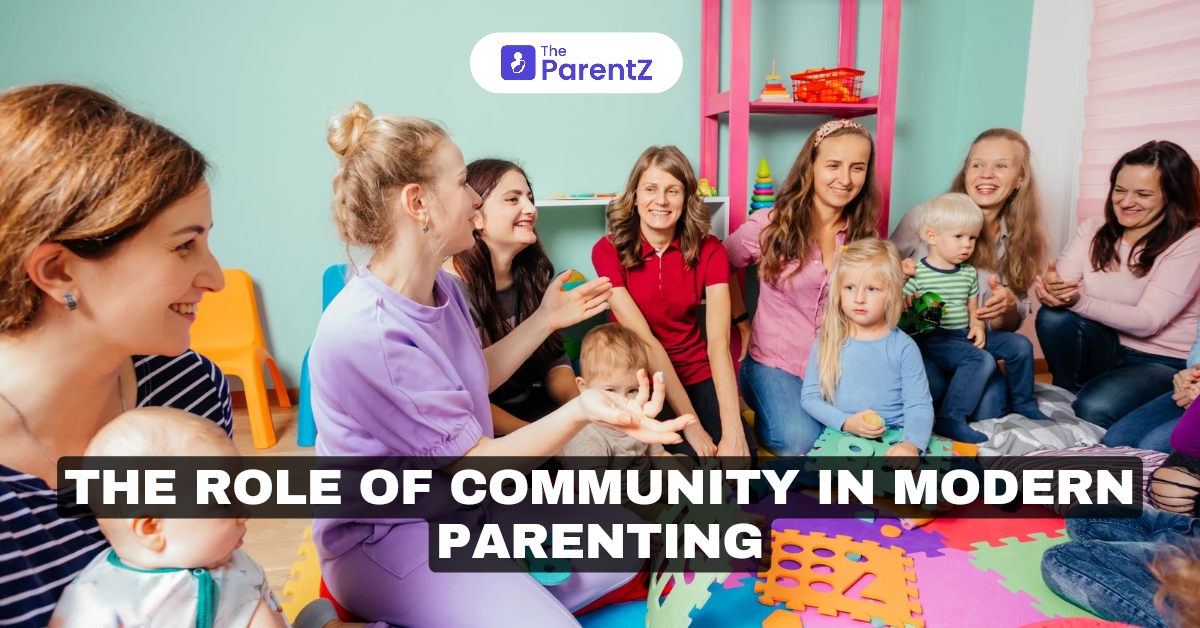In today's fast-paced, technology-driven world, many parents find themselves feeling isolated and disconnected from the support systems that were once integral to raising children. As traditional family structures and neighborhood communities have evolved, modern parents often lack the village of support that was once the norm. However, research shows that community involvement is crucial for both parents and children, providing emotional support, shared resources, and opportunities for growth. In this article, we'll explore the importance of community in modern parenting, the various types of communities available, the benefits for children, and strategies for building and strengthening parenting communities.
The Importance of Community Support
Parenting can be an incredibly rewarding but also challenging journey. Having a strong support system is essential for maintaining mental and emotional well-being. Community support provides parents with a network of individuals who understand the joys and struggles of raising children. By sharing resources, parenting knowledge, and lived experiences, parents can feel less alone and more equipped to handle the ups and downs of parenthood.In the past, extended family, friends, and neighbors played a significant role in child-rearing, offering practical help, advice, and a sense of belonging. While modern families may be more geographically dispersed, the need for this type of community support remains. Building relationships with other parents, whether through online platforms or in-person interactions, can help fill this void and provide a sense of belonging.
Types of Communities for Parents
In the digital age, online communities have become a popular way for parents to connect and support one another. Social media groups, forums, and dedicated parenting websites allow parents to share experiences, ask questions, and receive emotional support from a wide network of individuals. These communities can be especially beneficial for parents who may not have access to in-person support groups or live in isolated areas.In-person support groups, such as those found in churches, community centers, or parent clubs, offer a more traditional form of community involvement.These groups provide opportunities for face-to-face interactions, allowing parents to build deeper connections and engage in activities together. School-related communities, such as PTAs and parent groups, also play a vital role in connecting parents and supporting children's education and well-being.
Benefits of Community Involvement for Children
When parents are actively involved in a supportive community, children reap the benefits as well. Exposure to diverse perspectives and experiences helps children develop empathy, understanding, and social skills. By interacting with children from different backgrounds, they learn to navigate relationships, cooperate, and appreciate differences.Community involvement also enhances children's emotional intelligence. As they engage with a variety of individuals, children learn to navigate social situations, express their feelings, and develop self-awareness.These skills are essential for building healthy relationships and navigating the challenges of growing up.
Building and Strengthening a Parenting Community
Creating and maintaining a strong parenting community requires active participation and a commitment to fostering mutual respect and shared goals. Parents can start by seeking out existing communities, whether online or in-person, that align with their values and interests. Attending community events, volunteering, or joining local organizations are great ways to meet other parents and build connections.For parents who feel that their community lacks support, taking the initiative to create a new group or activity can be a rewarding experience. By reaching out to other parents, organizing meetups, or starting a community project, parents can build a sense of belonging and create a supportive environment for themselves and their children.Engaging children in community activities is also an effective way to strengthen parenting communities. Participating in local events, volunteering together, or joining community organizations helps children develop a sense of belonging and appreciation for their surroundings.It also provides opportunities for parents to connect with one another while supporting their children's growth and development.
Conclusion
In the ever-evolving landscape of modern parenting, community support remains a crucial element for both parents and children. By actively seeking out or creating supportive communities, parents can access the emotional, practical, and social resources needed to thrive in their parenting journey. Children benefit from exposure to diverse perspectives, opportunities for social growth, and a sense of belonging to something larger than themselves. As parents, it is essential to recognize the value of community and make a concerted effort to build and maintain these vital support systems. By doing so, we not only strengthen our own families but contribute to the overall well-being of our communities and society as a whole.





Be the first one to comment on this story.